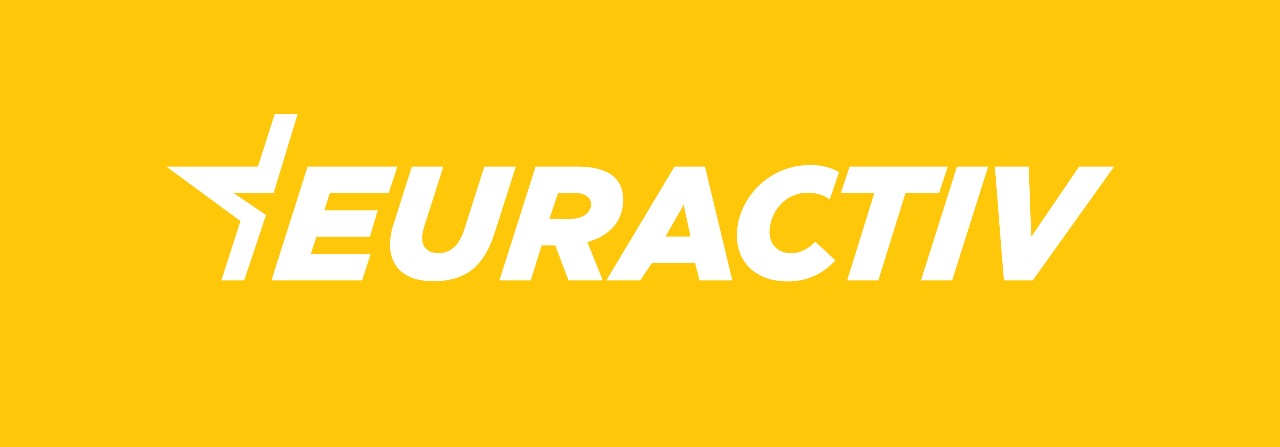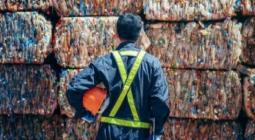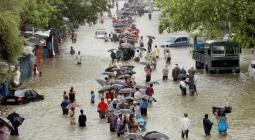Recycling market in Europe faces ‘collapse’ after EU waste export ban
The European Union’s decision to ban exports of plastic waste in and outside Europe is threatening to collapse the market for the collection and recycling of plastic packaging, Belgian industry association Valipac has warned.
The EU decided to ban the export of plastic waste for disposal both inside and outside of Europe as part of an agreement on the waste shipment regulation reached on 17 November.
This means plastic waste collected in EU countries will need to be stockpiled there – and eventually burned – if no one in Europe or elsewhere wants to buy the material for recycling.
With no possibility to export the collected plastic, and insufficient capacity to recycle it in Europe, the risk is that demand will collapse, warned Valipac, the Belgian industry organisation responsible for the collection and recycling of commercial and industrial packaging waste.
Belgium alone consumes 100,000 tons of commercial plastic packaging per year, of which about 24,000 tons are currently exported outside the OECD, according to Valipac.
“So for processing as much as a quarter of industrial plastic waste, there is no solution,” the Belgian association told Euractiv.
“There is a genuine risk that the market for sorting, collection, and recycling of plastic packaging may collapse,” it warned, saying: “We have too little recycling capacity in the EU and too little take-up of the recyclate.”
The problem is that making packaging from virgin plastic today is much cheaper than using recyclate, Valipac pointed out.
“As a result, plastic waste from Europe is primarily exported to be recycled into secondary products, such as rubbish bags, while there is low demand in the EU for recycled plastic waste, resulting in little recycling capacity,” it adds.
If nothing is done to address this, the plastic packaging waste market risks collapsing due to a lack of sales outlets in Europe and the ban on exports to countries outside the OECD, the association warned.
In the short term, and until new recycling capacity is added, the EU’s new waste shipment regulation “thus threatens to hinder rather than promote growth towards a circular economy,” Valipac said.
Recycled content targets ‘the only solution’, recyclers say
The European recycling industry confederation (EuRIC), agrees that more effort needs to be made to promote the market for recycled materials in Europe and avoid a crisis.
“If the EU decides to ban exports, binding recycled content targets are the only solution to pull the demand for recycled materials and thus create markets for circular materials that were previously relying on exports,” said Emmanuel Katrakis, EuRIC’s secretary general.
“We thus need more recycled content targets – and not only for plastics, since the circular material use rate at the EU level is rather stagnating,” Katrakis told Euractiv.
Valipac said it already encourages businesses with a financial bonus if they use plastic packaging that contains a minimum of 30% recyclate.
“We as an industry must heavily invest in the use of recyclate,” said Francis Huysman, Valipac’s managing director. “This calls for far-reaching cooperation between extended producer responsibility (EPR) organisations in different countries and major investments in developing recycling processes and facilities within the EU,” he said.
Plastics Europe, a trade association, argues along the same lines, saying the transition to a net-zero circular economy “requires a waste management system which facilitates and favours the reuse of plastics and recycling of plastics waste”.
Other measures includes “phasing out landfilling and incineration of recyclable plastic waste” in order to aim towards “a future without incineration,” Plastics Europe told Euractiv.
However, European recycling industries are faced with another emerging issue – the rise in imports of plastics labelled as recycled (rPET), which are sold at prices at which EU recyclers cannot compete.
“This cannot last forever because it endangers precisely capacity-building in the EU and poses again the issue of a level playing that is not only European but global,” Katrakis told Euractiv, saying EuRIC was currently looking into ways to address this.
Cover photo: “We have too little recycling capacity in the EU and too little take-up of the recyclate,” says Valipac, the Belgian industry organisation responsible for the collection and recycling of commercial and industrial packaging waste. [Photo credit: Chanchai phetdikhai / Shutterstock]





